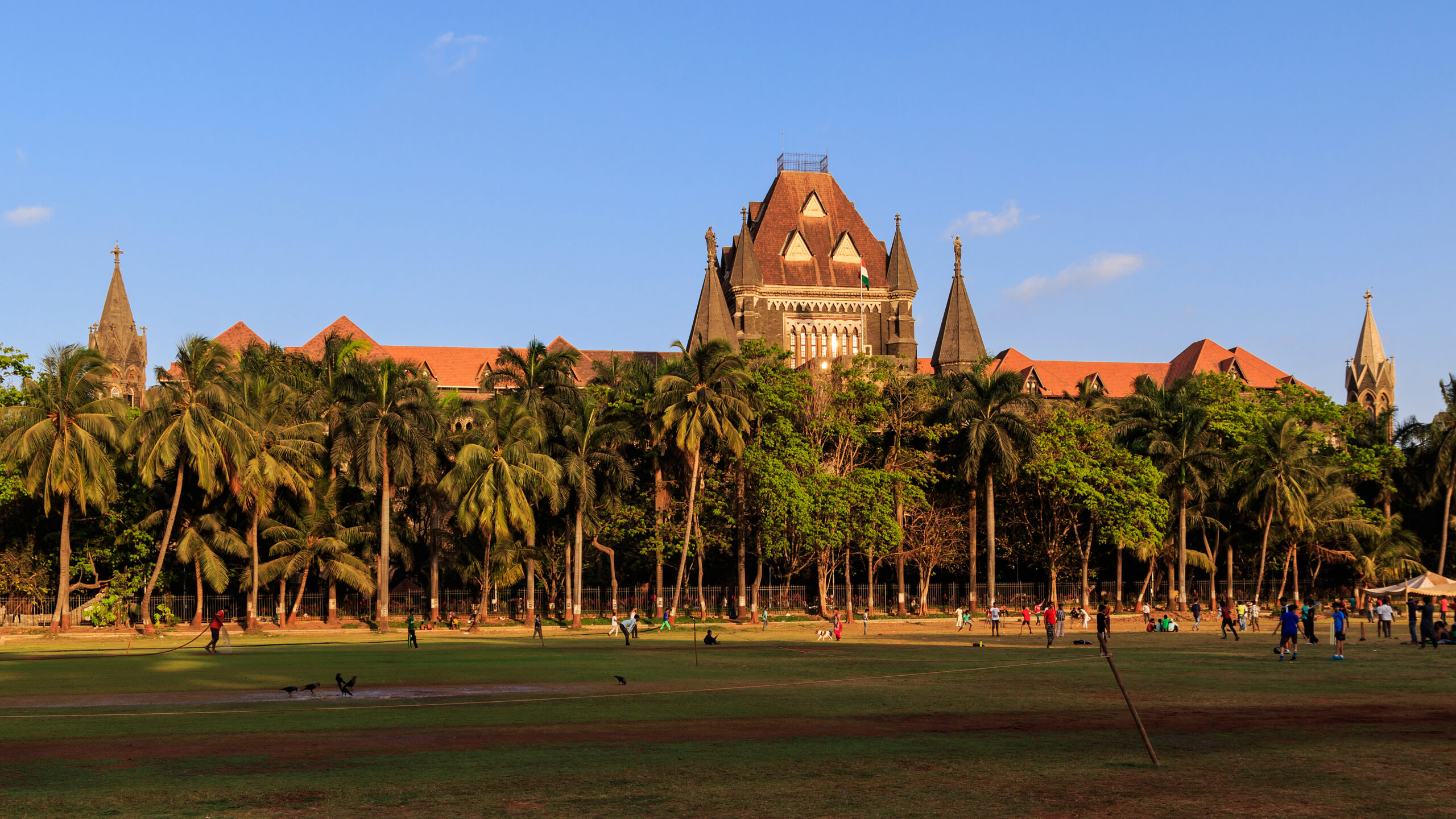Noting that prolonged incarceration infringes the right to life and personal liberty, the Bombay High Court on Monday granted bail to Iqbal Ahmed Kabir Ahmed, an alleged Islamic State (IS) recruit from Parbhani, who was arrested in 2016 for purported links with the organisation.
He was booked under the draconian Unlawful Activities (Prevention) Act (UAPA). In his plea, Ahmed had said that he has been in custody since August 2016 but the trial is yet to begin.
Citing that Right to Life was in jeopardy, a division bench of Justices SS Shinde and NJ Jamadar granted bail to Iqbal Ahmed Kabir Ahmed on merits and on the ground of prolonged incarceration, holding that it infringes his right to life and personal liberty.
“In our considered opinion, the further incarceration of the appellant, in the face of extremely unlikely situation of the trial being completed in near future, would be in the negation of the protection of life and personal liberty under Article 21. The denial of bail, in such circumstances would render the procedure not only unreasonable but unconscionable as well,” the court said.
Imposing stringent conditions, the HC said that Ahmed will be released on bail on furnishing a personal bond of Rs 1 lakh and sureties in the like amount. He will also have to report to NIA’s Mumbai branch on a regular basis till the conclusion of the trial and surrender his passport.
Further, Ahmed cannot leave the jurisdiction of the NIA court in Mumbai, without the court’s permission. “He shall not try to establish communication with the co-accused or any other person involved directly or indirectly in similar activities, through any mode of communication,” the HC said.
No Incriminating Circumstances: HC
The NIA alleged that Ahmed and three others were planning to attack the Maharashtra Anti-Terrorism Squad’s (ATS) Aurangabad Unit. On August 7, 2016, the Maharashtra ATS had arrested then 28-year-old Ahmed, after two other arrested accused – Nasir Chaus and Shaheed Khan – spoke about his role in the case during questioning.
The group was allegedly planning to target former SP Navinchandra Reddy, who had killed an alleged SIMI operative in 2012. The case was later transferred to the NIA.
However, Ahmed’s counsel said that the NIA could not establish that Ahmed propagated IS ideology and witnesses have only said he spoke about IS in the context of world politics.
“At this juncture, there is no prima facie material to indicate that the accused instigated the commission of offence or insurgency. Nor there is, prima facie material to indicate that the accused advocated violent reactions,” the court said.
NIA had further alleged Ahmed’s co-accused was in touch with Islamic State/Islamic State members, and another had procured an IED. He was also accused of being a co-conspirator on the grounds that the electric switchboard in his house was used for soldering the IED and the oath of allegiance was also found in his house.
However, the HC noted: “…mere possession of an oath form, owing allegiance to banned terrorist organisation without subscribing thereto, prima facie does not appear to be an incriminating circumstance.”


